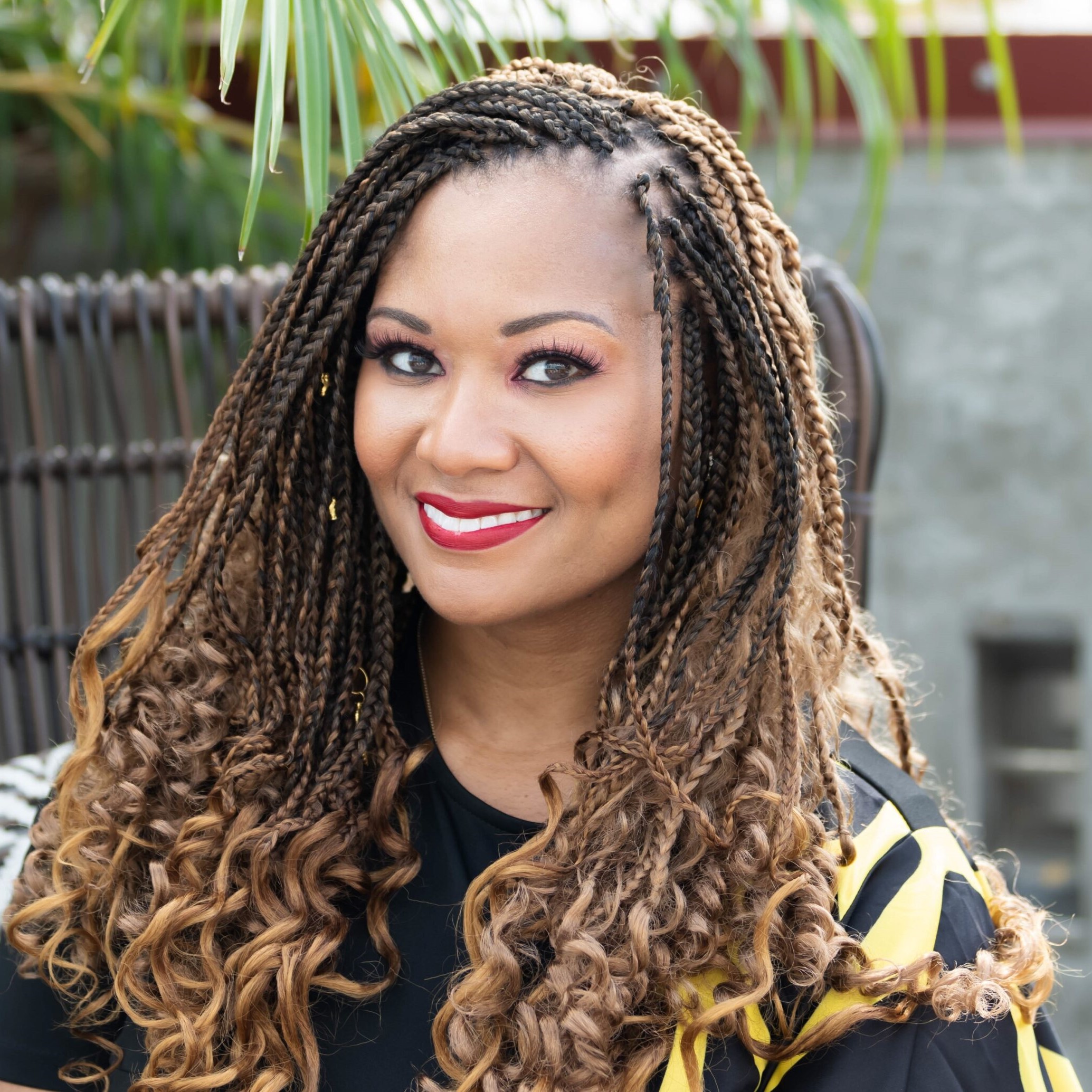Get Comfortable Being Uncomfortable: Engaging in Dialogue About Freedom, Favoritism, and Fairness
Last updated July 24, 2024Course Length
2h
Last Updated
July 24, 2024

Get Comfortable Being Uncomfortable: Engaging in Dialogue About Freedom, Favoritism, and Fairness
Last updated July 24, 2024Table of Contents
Gain confidence entering conversations about favoritism and fairness in the workplace.
Overview
During this two-hour virtual workshop, Dr. Sandra Miles, Head of Practice for Team Development at Academic Impressions, will lead us as we explore the ways feelings of defensiveness and discomfort can be very common when engaging in conversations around favoritism and unfairness. Even those who have done extensive reading on topics related to conflict management can find themselves fumbling if they haven’t yet reflected on how their personal feelings may impact the ways they show up in the world—and in these difficult conversations. To get more comfortable engaging in these dialogues, we must first lean into the discomfort of individual reflection and actions that prepare us to enter into them in an open and effective way.
Join us for a two-hour virtual training where we will explore four key concepts and how they come into play during conversations around topics that are deeply personal:
- Identifying favoritism
- Understanding personal perspectives
- Managing emotions
- Focusing on fairness
You will be given a workbook of activities, tools, and resources to help you move beyond simply understanding these key concepts. Throughout the workshop, you will begin the hard work of interpreting how favoritism can show up in every aspect of the work we do, and how an orientation around fairness improves relationships, morale, and trust.
Who should attend?
Whether you are a faculty member, frontline staff, or campus leader, this virtual training will help you to move beyond a baseline readiness to effectively engage in difficult conversations. You will be equipped with tools and best practices to help you feel more comfortable participating in these dialogues in the future.
You may also be interested in
Tagged In
$595



